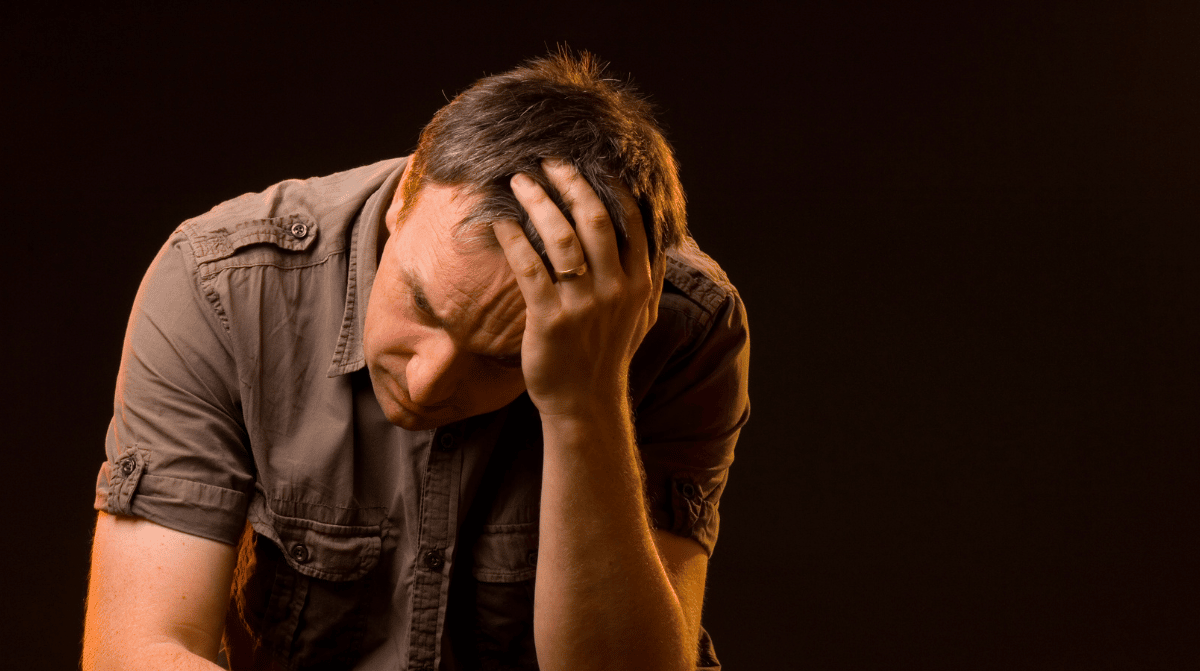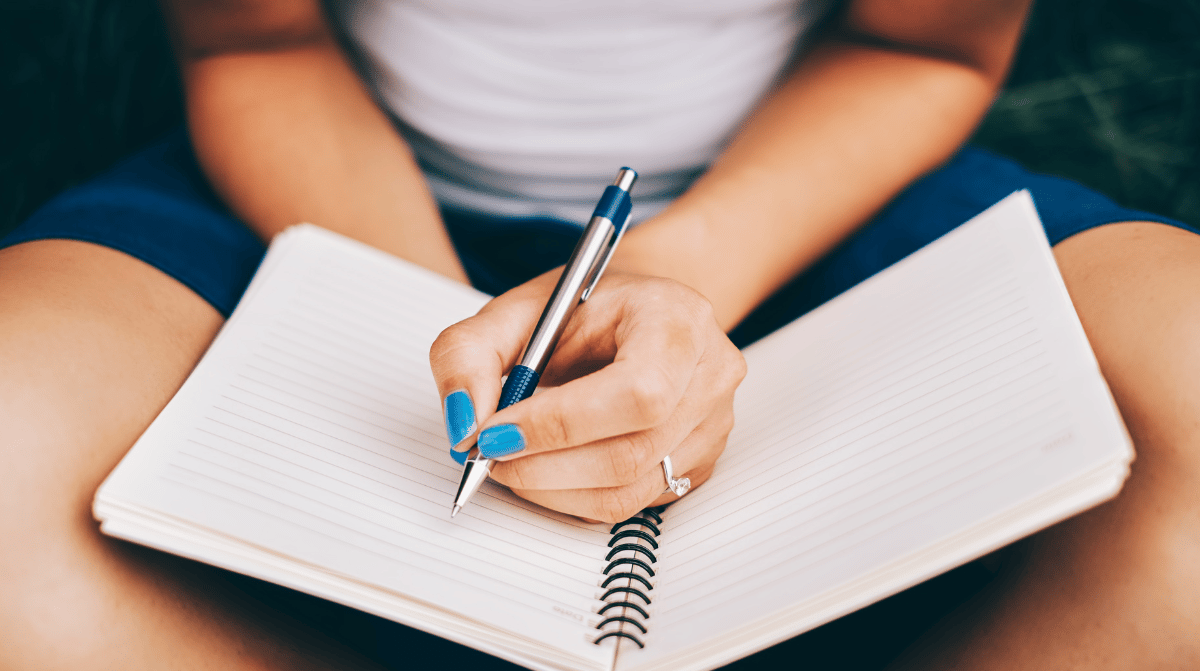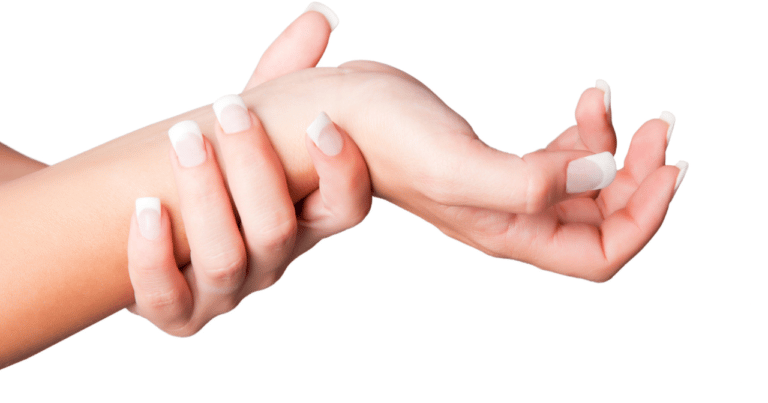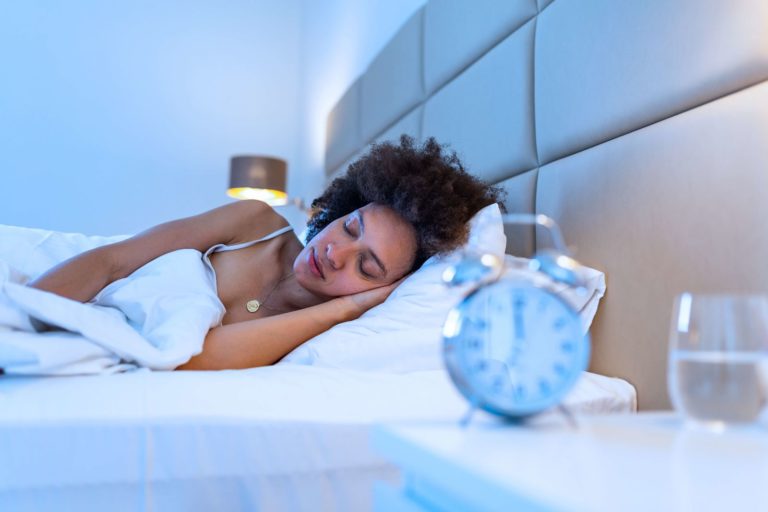‘Tis the season for social engagements – and if you struggle with social anxiety, that’s enough to set off your fight or flight. Regardless of whether it’s a particularly sociable time, social anxiety flares up in small or large settings.
Social anxiety is not just prevalent at parties, but also in our everyday lives. It can be vocal when popping to the shops and asking a cashier for help, in job interviews or dating. In this blog, we’ll share tips on how you can manage this long-term to empower yourself and feel more comfortable in social settings.

What is Social Anxiety?
According to WHO, over 301 million people battle an anxiety disorder. Social anxiety (or social phobia) is one characterised by “excessive fear and worry in social situations”.
For many, uncomfortable feelings will arise when faced with socialising. It’s the fear of saying or doing something wrong that eventually affects your livelihood. This is not to be confused with shyness; social phobia is far more debilitating. You may dislike spiders but not be paralysed when you spot one. This is the crucial difference.
Some typical signs of social anxiety include:
- Worrying about embarrassing yourself in front of someone
- Predicting and visualising something humiliating or uncomfortable to happen
- A paralysis when you try to speak or engage in conversation
- Feeling physically anxious before an event
- Ruminating over an event and wishing you said/handled things differently
Social anxiety can feel almost suffocating. It’s the panic pre- and post-event that adds to the overall fear, to the point where it hinders your happiness. It can create avoidance behaviours, like refusing to leave the house or meeting up with a friend to control negative feelings.
Why Do We Struggle with Social Anxiety?
To clarify, there are different spectrums of social anxiety, and all of us are unique in why it may flare up.
Insecurity
It’s common for social anxiety to derive from a place of insecurity. For instance, low self-esteem or confidence in oneself. This can create feelings of low self-worth, in which case their perception of themselves might be negative. It accompanies the fear socially as they might shy away from talking about themselves, or deflect questions so the limelight falls on the other person.
Judgement
Another reason comes from fear of judgement or what people think about us – particularly for people-pleasers who strive to be liked. People’s perceptions of us are out of control; this can further add to the pressure and result in greater feelings of anxiety if we feel people don’t like us.
Humiliation/Rejection
Finally, fear of humiliation is a factor in developing social anxiety. Other than comedians, no one likes to be laughed at. Worrying that you will make a fool of yourself or look ridiculous triggers anxiety. For example, going on a first date can bring about great feelings of stress. If you worry that you’ll say something silly, or make a bad first impression, one might assume the date will go badly and they’ll lose interest (i.e. reject you).

4 Tips to Deal with Social Anxiety
1) Journal to Understand Yourself
It’s important to remember that to cope with your social anxiety, you need to understand why and how these feelings come about. Targeting this first will help in upcoming situations, so you know where to focus your attention. Some journaling prompts to think about:
- How do you currently perceive yourself?
- How do you want your future self to be perceived?
- What do you like about yourself and why?
- What trait do you admire most in others?
This only needs to be a 5-10 minute exercise (unless you feel like investing more time into it – then be our guest!)
2) Prepare Some Talking Points
The old adage goes “fail to prepare, prepare to fail”. In this instance, preparing some talking points that help keep the conversation flowing will prevent those awkward, long silences we dread. Here are some ideas:
- How are your family doing?: If you’re old friends, this question is great to show interest in the other person and get the ball rolling again.
- What did you get up to over the summer?
- What films/series have you been watching?
Having some conversation starters in the back of your mind can help ease the anxiety, whilst also regaining control and attention. Remember to stay present and focus on what the other person is saying; this will help you pick up on parts of the conversation to ask follow-up questions.

3) Use CBD Patches
Typically when feeling anxious, we might experience some physical symptoms like an increase in heart rate, sweaty palms, or shortness of breath. It can also be more mental, like overthinking or ruminating, which can lead to a low mood state. In either case, using CBD can effectively reduce feelings of social anxiety in the short and long term.
Countless studies have shown that CBD helps calm anxious thoughts and the nervous system. If you’re feeling particularly anxious, CBD patches can provide a quick fix. They work by secreting CBD into the bloodstream, which triggers the receptors linked to serotonin (the happy hormone) to release. They are discrete and particularly ideal for when you need instant relief, like before an interview or event.
4) Affirmations in the Mirror
This is not a revolutionary tip, but one that can be life-changing if you choose to do it. Repeat a phrase or affirmation at least 5 times in front of a mirror. You might feel a bit silly at first, but in time you’ll be replacing negative thoughts with more positive ones. Some prompts include:
- I am enough
- I am doing my best
- I am capable of and deserve success
- I forgive myself for the mistakes I have made
To go one step ahead, you might want to write about a moment in your life when you were proud of yourself. Studies show self-affirmation has positive effects, particularly feeling more powerful when once powerless.
The majority of our low self-esteem and the doubt in our abilities come from a harsh inner critic. By addressing this, and focusing on parts we do like about ourselves, we’re more likely to increase feelings of self-worth. This is not an overnight trick. Think of it like watering a plant: you need to tend to it daily in order for it to grow.

Key Takeaways
Hopefully, you’re feeling like you’re ready to take social anxiety by the horns! Here’s a quick reminder of what we’ve learned:
- Social anxiety is not to be confused with shyness; the former is more pervasive.
- The anxiety usually comes from a place of low-self esteem or insecurity which can manifest itself as phobia: fear of rejection, humiliation or judgement.
- Getting to the root of the problem by journaling can help you navigate the anxiety, along with using CBD and affirmations to calm your nervous system.
If you’d like to learn more about CBD and how it could help you find calm, get in touch with ShelleySupply today. You deserve to feel good inside and out!



